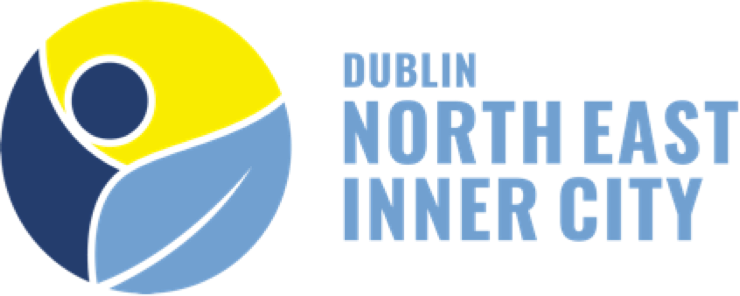 SONAS can be contacted at info@sonasdomesticabuse.ie or via their 24hr Confidential Helpline on 1800 222 223
SONAS can be contacted at info@sonasdomesticabuse.ie or via their 24hr Confidential Helpline on 1800 222 223
What is Domestic, Sexual and Gender-Based Violence?
Domestic, Sexual and Gender Based Violence (DSGBV) includes consideration of domestic violence, rape and sexual assault, prostitution and trafficking, female genital mutilation, forced marriage, sexual harassment, stalking and related acts, forced abortion and forced sterilisation together with new and emerging forms of DSGBV e.g. cyber violence.
Domestic Violence (DV), often referred to as domestic abuse or intimate partner violence (IPV), is a human rights issue and a form of gender-based violence with roots in gender inequality. The Istanbul Convention defines domestic violence as ‘all acts of physical, sexual, psychological, or economic violence that occur within the family or domestic unit or between current of former spouses or partners, whether the perpetrator shares or has shared the same residence with the victim. The exertion of coercive control is a key component in this process.’.
What Do We Know?
Domestic, Sexual and Gender Based Violence (DSGBV) includes consideration of domestic violence, rape and sexual assault, prostitution and trafficking, female genital mutilation, forced marriage, sexual harassment, stalking and related acts, forced abortion and forced sterilisation together with new and emerging forms of DSGBV e.g. cyber violence. Domestic Violence (DV), often referred to as domestic abuse or intimate partner violence (IPV), is a human rights issue and a form of gender-based violence with roots in gender inequality. The Istanbul Convention defines domestic violence as ‘all acts of physical, sexual, psychological, or economic violence that occur within the family or domestic unit or between current of former spouses or partners, whether the perpetrator shares or has shared the same residence with the victim. The exertion of coercive control is a key component in this process.’.
Types of Abuses:
The Creation of the Referral Pathway
Sonas Domestic Violence Charity collaborated with 35 community organizations within the boundaries of the NEIC who support clients from the following communities: substance misuse, alcohol, counselling, parents and families, residential aftercare, migrants, Travellers, and Roma, homeless, elderly and health services. The pathway was created, along with awareness training, to increase services capacity to identify individuals experiencing DSGB and support them in making informed decisions whether to be referred to a domestic violence specialty organisation. Uniform awareness, understanding of the referral process and what supports that includes is integral to supporting service users collaboratively.
The DSGBV Networking Event
The NEIC Domestic, Sexual and Gender Based Violence Community Response Project Networking Event was held on October 2, 2024 at Ozanam House. Event speakers (from left to right) Conor O’Braonain-Garda Inspector, Division of Protective Services Unit (DPSU), DNC, An Garda Siochana, Reidin Dunne-Head of Services, SAOL, Melissa Agnew-Project Lead/Sonas Women’s Support Worker, Aiden Collins-CNM2 HSE, Megan Jones-Refugee Community Support Worker, Dublin City Cooperative. Not shown, Sonya Keniry-Local Community Safety Partnership.
:format(webp)?_w=1920)
The Referral Pathway and Continuum of Care within a Domestic Violence Specialty Service
:format(webp)?_w=1920)
